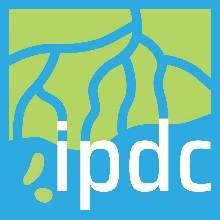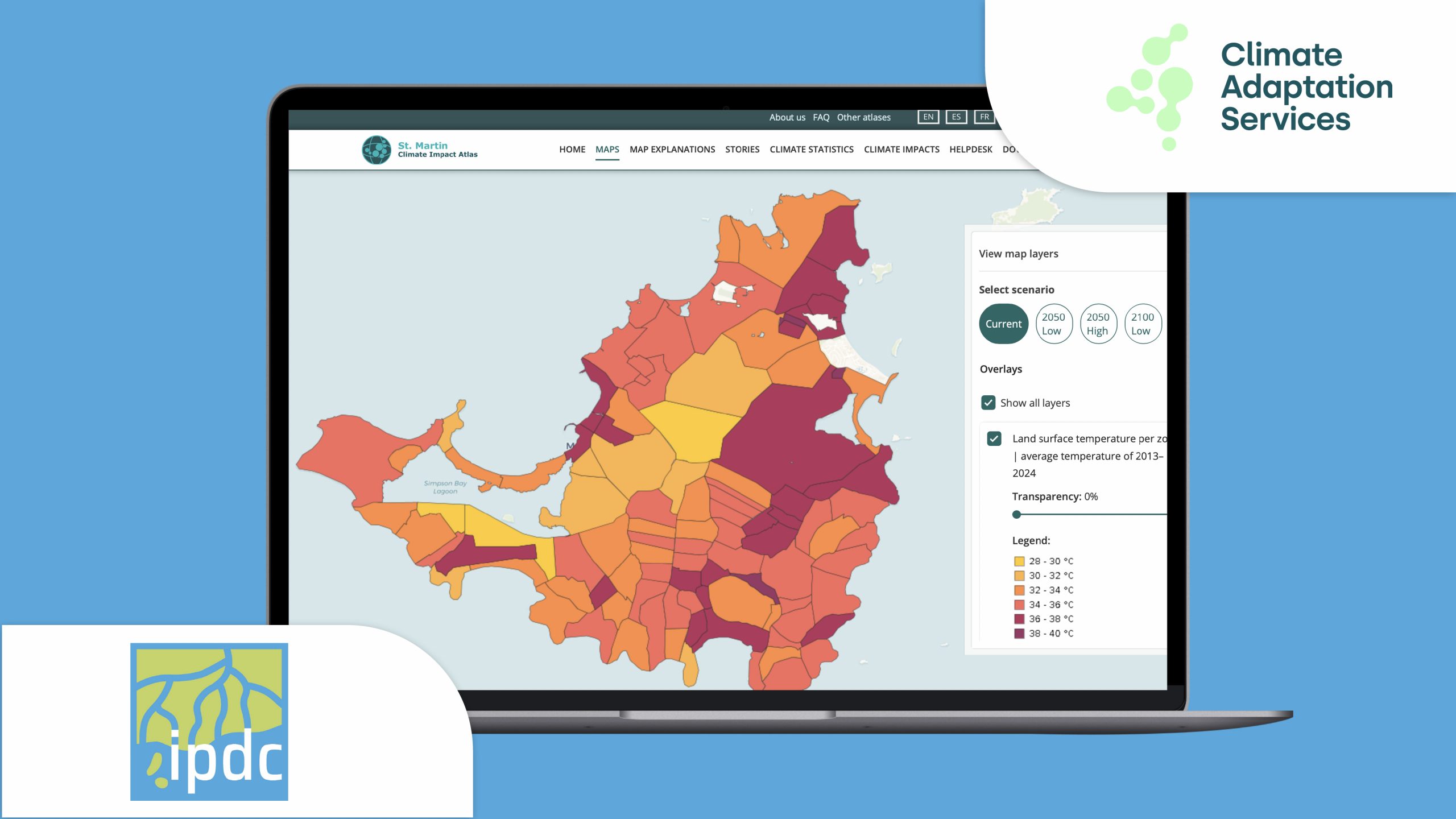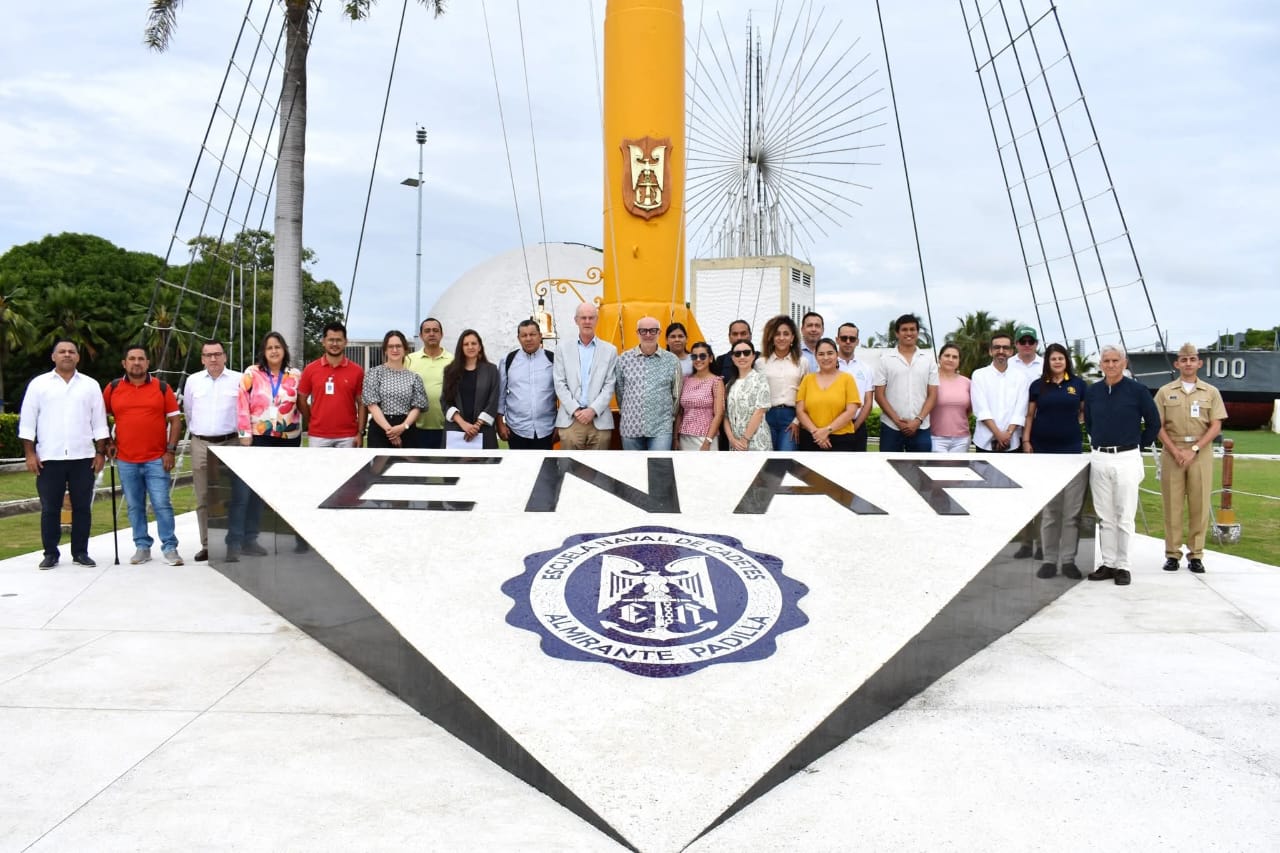Climate change and disaster risk reduction are two key focus areas, but how can they be integrated and what can they learn from each other? A recent IPDC online session focused on these questions. Speakers and participants explored how an integrated approach helps to optimise resources, reduce duplication of efforts, and build resilience against compounding risks from both natural hazards and climate change.
The session featured speakers from a range of areas of expertise and included experiences from Indonesia and St Martin – areas which are geographically vulnerable to challenges exacerbated by climate change.
Key takeaways from the discussion include:
- Risk reduction is essential for effective climate action, and vice versa.
- It’s wrong to assume that disaster risk reduction focuses only on the short to medium term, whereas climate change action focuses only on the long term.
- Experience from St Martin shows the importance of involving island communities in climate adaptation, combining technical, traditional, and contemporary knowledge practices. This fosters inclusive solutions to tackle the climate challenges faced by small islands.
- Indonesia’s experiences confirm the importance of stakeholder participation, especially regarding the adaptive approach to urban resilience. It’s important to visualise modelling results, as this engages stakeholders at different stages.
- Participants also noted the importance of stakeholder engagement to keep communities involved and to get local buy in. Appointing champions from across different levels of society can help with awareness and understanding of key issues, gets local buy-in, and promotes local knowledge and networking.
Speakers
Many huge thank you to all those who joined us and to our speakers:
Carlos Uribe, Coordinator of the Comprehensive Risk Management Approach (CRM) at the United Nations Office for Disaster Risk Reduction (UNDRR)
Philip Ward, Professor of Global Water Risk Dynamics at Vrije Universiteit Amsterdam (VU Amsterdam), who will dive into common (global) challenges countries face.
Antonio Carmona Baez, President of the University of St. Martin, who will talk about the importance of cohesive strategies and present a case study of the impact of hurricanes on Caribbean islands.
Nishchal Sardjoe, the IPDC’s Indonesia country coordinator, who will present case studies focussing on policy and laws, and practical aspects.
IPDC online sessions
This session is part of an ongoing series. More details of upcoming sessions will follow, please check our website periodically or follow us on LinkedIn.
Watch the session
Couldn’t make it on the day? Watch the recorded session.
Session slides
Useful links
- UNDRR’s Thought leadership course: Synergizing disaster risk reduction and climate change adaptation
- UNDRR’s Risk Informed Development Strategy Tool for integrating disaster risk reduction and climate change adaptation into development
- UNDRR’s Guidance Note on integrating Disaster Risk Reduction and Climate Change Adaptation in the UN Sustainable Development Cooperation Framework
- UNDRR’s Comprehensive Disaster and Climate Risk Management (CRM) flagship initiative
- Kiribati’s Joint implementation plan for climate change and disaster risk management (KJIP 2019-2028)



